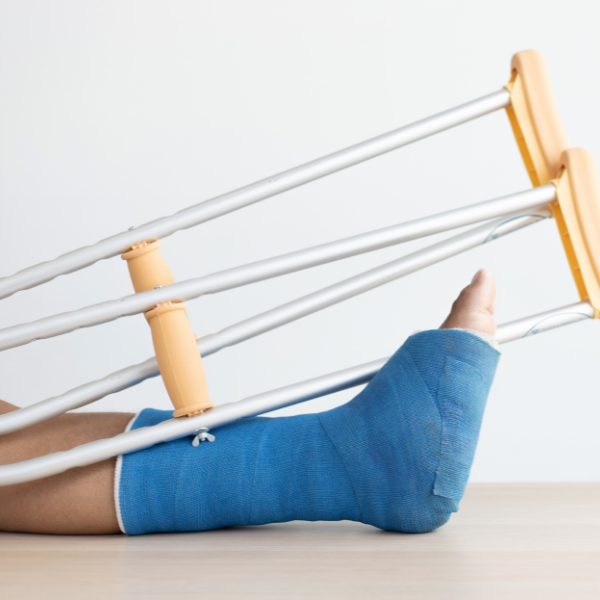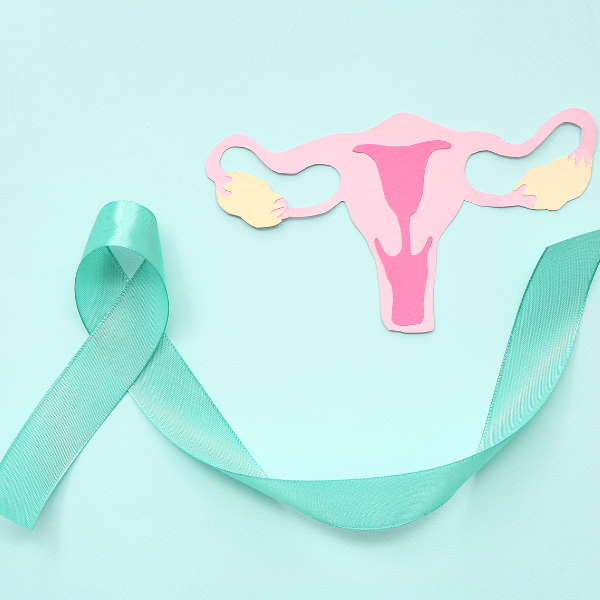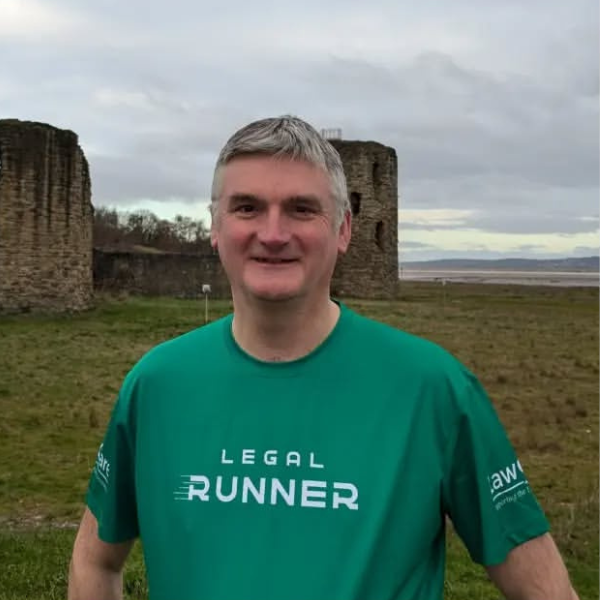Immediate Needs Assessments (INA) and the Rehabilitation Code 2015
 Blog
Blog

 Blog
Blog

National Heart Awareness Month: A Different Kind of Love Story
 Blog
Blog

The Future of Cervical Screening
 Blog
Blog

Contributory Negligence in Personal Injury Cases
 Blog
Blog

I Want to Get Divorced, but Where Do I Start?
 Blog
Blog

What is Pathfinder?
 Blog
Blog

Domestic Abuse in Rural Communities
 Podcast
Podcast

Breakdown of a Relationship Outside of a Marriage : Katie Baker and Kelly Reynolds
 Blog
Blog

Frida Kahlo “Everything Can Have Beauty, Even the Worst Horror”
 Blog
Blog

Can I use AI for my Divorce?
 Podcast
Podcast

So, What Do You Do? – Lizzie Cross and Amy Burgoyne
 Podcast
Podcast

So, What Do You Do? – Jemma Groves and Mike Lim
 Podcast
Podcast

Legal Runner and How it Came About with the President of The Law Society – Mark Evans
 Blog
Blog

Tis the Season to be Jolly Careful!
 Blog
Blog

Probate Researchers – Colin Blackburn’s Estate
 Podcast
Podcast

The Role of a Deputy for a Brain Injured Client and Why One is Needed: Lucy Speed, Anna Redding and Kathy Chilton
 Blog
Blog

National Maternity Investigation: Interim Report
 Podcast
Podcast

Companies House ID Checks: Jemma Groves
 Blog
Blog

Christmas Parties and Sexual Harassment
 Podcast
Podcast

The Role of the NFU’s County Advisor for Herefordshire: Sophie Burgoyne and Ali Parker
Our awards and accolades.
Get in touch.
If you have a particular area of law you would like to discuss, please feel free to get in touch with the team, by using our online form below.
"*" indicates required fields

 Back
Back










